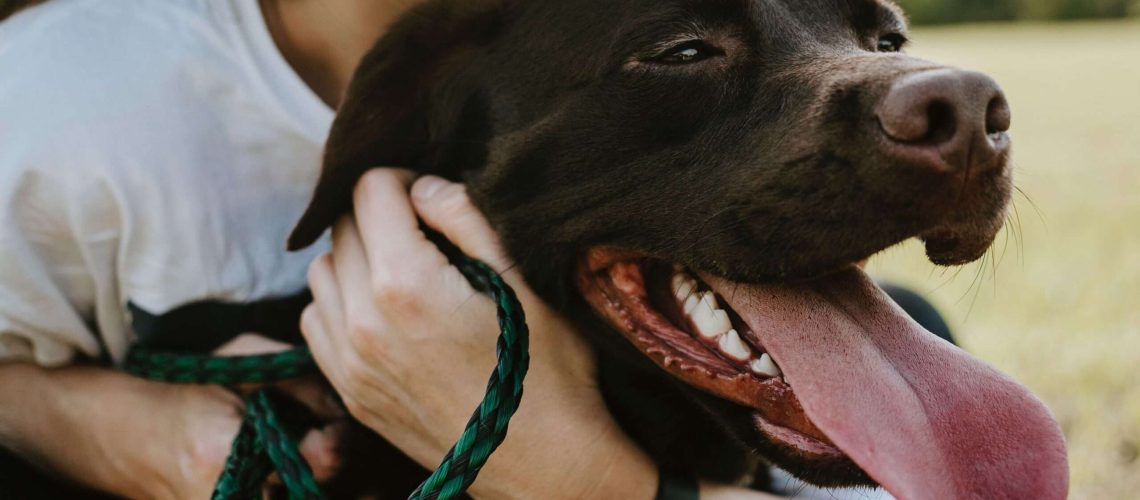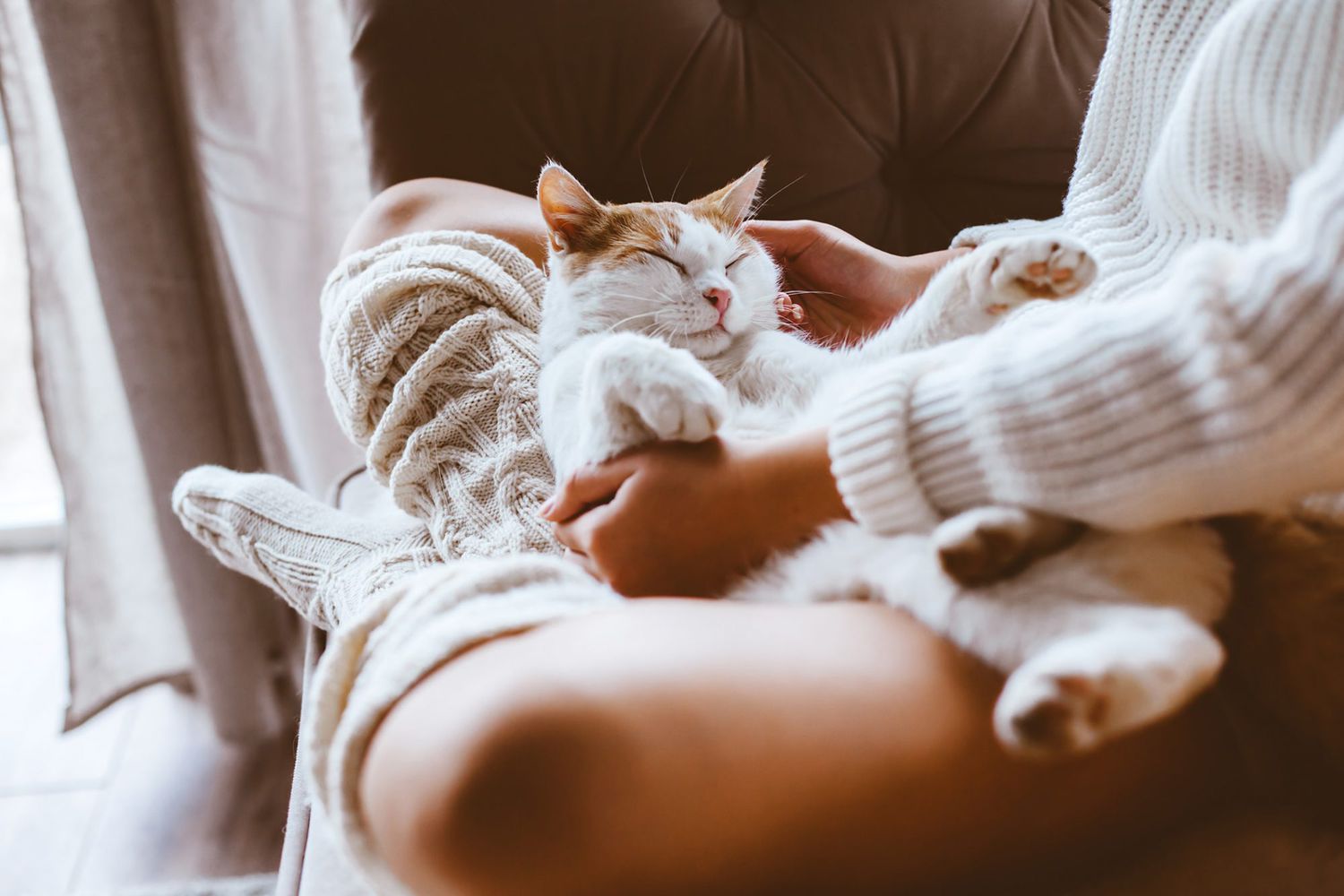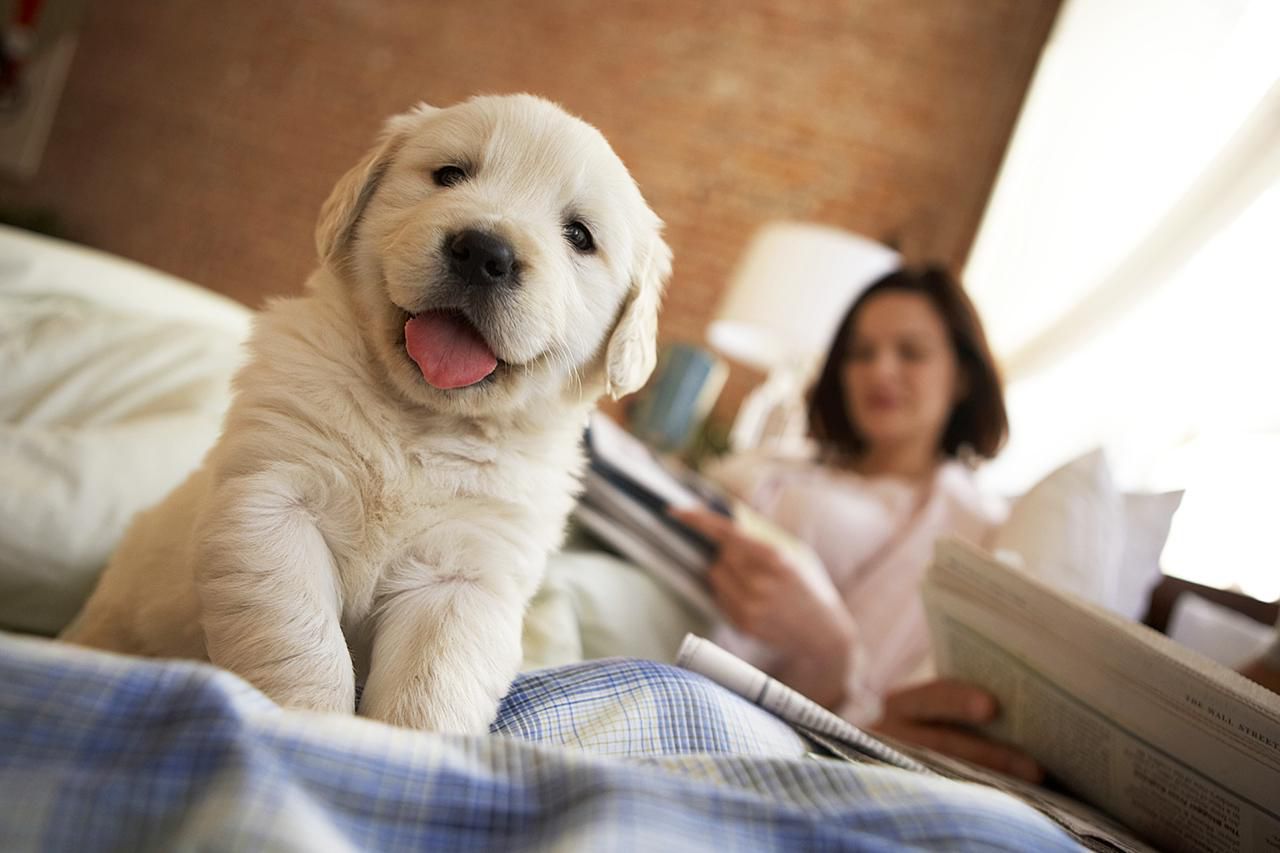Key Takeaways:
-
- Dogs can't stand it when people invade their personal space without permission. It's important to respect their boundaries and give them the space they need.
- Dogs dislike when people raise their voices or yell at them. They respond better to calm and gentle communication.
- Dogs get annoyed when people ignore their body language and signals. It's crucial to pay attention to their cues and understand what they're trying to communicate.
- Dogs can't stand being left alone for long periods of time. They are social animals and need companionship and interaction with their owners.
- Dogs dislike rough handling or aggressive behavior from people. It's essential to handle them gently, show them love, and avoid any actions that may cause fear or harm.
Are you a dog lover? Do you want to strengthen the bond with your furry friend? Well, understanding what makes them tick is crucial. Dogs are incredibly perceptive creatures, and there are certain things that people do that they simply can't stand. By delving into this topic, you'll not only gain insight into your canine companion's preferences but also learn how to avoid behaviors that might annoy or upset them. So, if you're ready to become the ultimate dog whisperer and create a harmonious relationship with your four-legged friend, keep reading. Let's explore 10 things people do that dogs can't stand and discover how we can make their lives happier.
Behaviors That Dogs Dislike or Find Annoying
Common Behaviors That Dogs Dislike
Just like humans, dogs have their own preferences and dislikes. There are certain behaviors that dogs generally find unpleasant or annoying. One of these is when someone pulls their tail or ears. Dogs use their tails and ears to communicate, and pulling them can cause pain and discomfort. It's important to respect a dog's personal space and avoid touching these sensitive areas without permission.
Another behavior that dogs dislike is being shouted at. Dogs have sensitive hearing, so loud noises can startle and frighten them. Shouting can also be interpreted as aggression by the dog, leading to fear or anxiety. It's much more effective to use positive reinforcement and reward-based training methods with dogs, rather than resorting to shouting or punishment.
The Importance of Respecting a Dog's Personal Space
Dogs have their own personal space just like humans do. Invading a dog's personal space without permission can make them feel uncomfortable or threatened. Approaching a dog too quickly or getting too close to their face can be intimidating for them. It's important to give dogs the space they need and allow them to approach you on their terms.
To show respect for a dog's personal space, it's best to let them come to you first instead of forcing interaction. This allows the dog to feel more comfortable and in control of the situation. By respecting a dog's boundaries, we can build trust and create positive interactions with our furry friends.
How Dogs React to People Shouting at Them
The Impact of Shouting on Dogs
Dogs are highly attuned to human emotions and tone of voice. When someone shouts at a dog, it can have a negative impact on their well-being. Dogs may become fearful, anxious, or stressed in response to shouting. They might cower, tuck their tail between their legs, or even try to escape the situation.
Shouting can also lead to behavioral problems in dogs. It can create confusion and make it difficult for them to understand what is expected of them. Instead of learning from the experience, they may associate certain actions or situations with fear or punishment.
The Benefits of Positive Reinforcement
Using positive reinforcement is a much more effective and humane way to train dogs. This involves rewarding desired behaviors with treats, praise, or playtime. Dogs respond well to positive reinforcement because it helps them understand what we want from them without causing fear or stress.
Positive reinforcement not only strengthens the bond between humans and dogs but also encourages good behavior and learning. It creates a positive environment where dogs feel safe and motivated to learn new things.
The Importance of Avoiding Pulling a Dog's Tail or Ears
The Sensitivity of a Dog's Tail and Ears
A dog's tail and ears are sensitive parts of their body that serve important functions. Their tail helps with balance and communication, while their ears allow them to hear sounds from different directions. Pulling a dog's tail or ears can cause pain, discomfort, and potentially serious injuries.
Pulling a dog's tail can strain the muscles and even damage the vertebrae in their spine. Similarly, pulling on their ears can lead to ear infections, hematomas (blood-filled swellings), or tears in the delicate ear tissues.
Show Respect by Avoiding Tail and Ear Pulling
To show respect for our canine companions, it's crucial to avoid pulling their tail or ears. Instead, we should focus on gentle petting and stroking in areas that dogs enjoy, such as their chin, chest, or back. By respecting a dog's boundaries and treating them with care, we can ensure their well-being and strengthen our bond with them.
Consequences of Invading a Dog's Personal Space without Permission
The Impact of Invading a Dog's Personal Space
Invading a dog's personal space without permission can have negative consequences for both the person and the dog. Dogs are territorial animals and have their own comfort zones. When someone invades this space without warning or consent, it can trigger fear, anxiety, or aggression in the dog.
If a dog feels threatened by someone invading their personal space, they may exhibit defensive behaviors such as growling, barking, or even biting. This is their way of protecting themselves from perceived danger.
Respecting Boundaries for Safety and Trust
To maintain safety and build trust with dogs, it's important to respect their personal space. This means allowing them to approach you first and avoiding sudden movements or gestures that might startle them. By giving dogs the space they need and showing respect for their boundaries, we can create positive interactions and foster a trusting relationship.
Do Dogs Enjoy Tight Hugs from Their Owners?
The Perception of Hugs by Dogs
While humans often enjoy hugs as a sign of affection, dogs may have a different perception of this gesture. Dogs are social animals but they also value personal space. Tight hugs can be uncomfortable or even distressing for some dogs.
Dogs communicate through body language, and signs of stress or discomfort include stiff body posture, attempts to escape the hug, or licking their lips excessively. These behaviors indicate that the dog is not enjoying the tight hug and may be feeling anxious or stressed.
Alternative Ways to Show Affection
Instead of tight hugs, there are other ways to show affection to our furry friends that they are more likely to appreciate. Gentle petting, scratching behind the ears, or offering treats can all be effective ways to express love and make dogs feel comfortable and secure.
It's essential to pay attention to a dog's body language and respect their boundaries when showing affection. By understanding and responding to their needs, we can ensure a positive and enjoyable experience for both humans and dogs.
How Dogs Feel About Being Left Alone for Long Periods
The Impact of Being Left Alone
Dogs are social animals that thrive on companionship and interaction with their human family members. Being left alone for long periods can lead to feelings of loneliness, boredom, and anxiety in dogs. They may exhibit behaviors such as excessive barking, destructive chewing, or house soiling as a result of these negative emotions.
Dogs rely on their owners for care, attention, and mental stimulation. When left alone for extended periods without proper enrichment activities or social interaction, they can become stressed and unhappy.
The Importance of Providing Mental Stimulation
To prevent negative consequences from being left alone, it's crucial to provide dogs with mental stimulation even when we're not around. This can include leaving interactive toys or puzzle feeders that challenge their minds while providing entertainment. Additionally, ensuring regular exercise before leaving them alone can help tire them out mentally and physically.
If long periods alone are unavoidable, considering alternatives such as hiring a dog walker or enrolling them in doggy daycare can provide companionship and socialization opportunities. By addressing their needs, we can help our dogs feel happier and more content when left alone.
Avoiding Sudden Loud Noises around Our Furry Friends
The Sensitivity of Dogs to Loud Noises
Dogs have a much more acute sense of hearing than humans. Sudden loud noises, such as fireworks or thunderstorms, can be extremely distressing for them. Dogs may show signs of fear or anxiety in response to these noises, including trembling, panting, or seeking shelter.
It's important to remember that dogs perceive sound differently than we do and may find certain noises overwhelming or frightening. Their sensitive hearing makes them more susceptible to the negative effects of loud sounds.
Creating a Calm Environment
To help dogs cope with sudden loud noises, it's essential to create a calm and safe environment for them. This can involve providing a quiet space where they can retreat to during noisy events, such as a designated room with comfortable bedding and familiar toys.
Additionally, playing soothing music or using white noise machines can help drown out external sounds and provide a sense of security for dogs. By minimizing exposure to sudden loud noises and offering comfort during stressful situations, we can help our furry friends feel more at ease.
In conclusion, dogs can become irritated by certain behaviors of humans. It is important for us to be mindful of our actions and treat our furry friends with love and respect to maintain a harmonious bond with them.
What do dogs find disrespectful?
In case you weren't aware of the abilities of our furry companions, here's a fascinating one—they have the ability to sense rudeness. According to a recent study from Neuroscience & Biobehavioral Reviews, dogs form negative opinions of individuals who refuse to assist their owners or exhibit impolite behavior.
What will annoy a dog?
Just like people, dogs also dislike being teased. Children often don't realize this and may unintentionally provoke a dog by barking at them, pulling their tail, or making loud noises. This can greatly upset our furry friends and potentially lead to anxiety or aggression.
What is one thing all dogs hate?
Yelling is a behavior that dogs strongly dislike from humans. It can frighten or upset them, just as it would with anyone else. Your dog, like anyone, does not enjoy being yelled at.
What objects are dogs afraid of?
Certain dogs can develop a specific fear towards objects such as vacuum cleaners, holiday decorations, children's toys, and construction equipment. This fear is usually manageable since these objects can easily be removed from their line of sight.
What are dogs afraid?
Dogs can experience fear from a wide range of stimuli, such as noises, visual stimuli, smells, or movements. Understanding the cause of your dog's fear may not always be necessary to address the issue, but it can often provide helpful insights. Frequently, fear in dogs arises from a lack of exposure.
What smell dogs hate?
Avoid using mothballs, alcohol, cleaning products, and nail polish around your dog as they dislike these smells. However, it is important to note that these products are toxic and harmful to your pet, so we do not recommend using them as a deterrent. Keep these strong-smelling products away from your dog!

















